detail profile chu shao chuen
Peran Yang Di Mainkan Chu Shao-Chuen
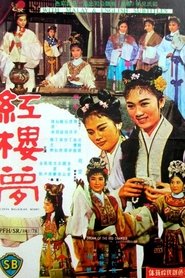 The Ching Dynasty novel The Dream...
The Ching Dynasty novel The Dream...The Dream of the Red Chamber 1962
The Ching Dynasty novel The Dream of The Red Chamber is not only the most widely read, but also the most filmed book in Chinese history. The sprawling love story has proven a challenge to many filmmakers, but this version is acclaimed as the most successful. A sumptuous feature which took three years of planning and another for production, it was a hugely popular and critical hit which still stands out as a classic of both 18th century literature and 1960s moviemaking.
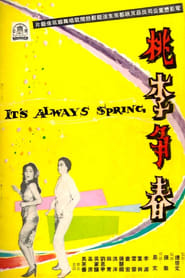 Singaporean diva Li Ailian has arrived...
Singaporean diva Li Ailian has arrived...It's Always Spring 1962
Singaporean diva Li Ailian has arrived in Hong Kong to further her singing career. Xu Zhaofeng helps her land a job at Spring Wind Palace. Provoked by jealousy, Xu's long-time girlfriend Tao Haiyin, a local diva, insists on performing at the Palace, too. And when two divas strut their stuff, it's great tunes and hot action. Haiyin's brother Zhengsheng, the bandleader, has fallen out with his sister due to his infatuation with Li. Li misunderstands Zhengsheng's intentions initially but his devotion speaks volumes. Haiyin and Xu also reconcile.
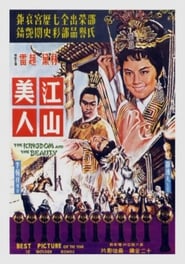 This is a musical about a...
This is a musical about a...The Kingdom and the Beauty 1959
This is a musical about a young emperor who is lured via stories told to a place called Kiang-Nan by his royal tutor. The empress mother has the tutor go to Kiang-Nan to bring him back.
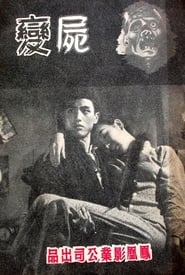 Famed director Zhu Shilin tries his...
Famed director Zhu Shilin tries his...The Living Corpse 1958
Famed director Zhu Shilin tries his hand at a horror film! The beginning of The Living Corpse immediately sets the tone with a folk duet clearly inspired by the popular 1956 musical Songs of the Peach Blossom River. The duet, in addition to Zhu's frequent use of long, empty shots and crisp editing, gives this horror film a traditional poetic charm and a strong folk flavor. Mise-en-scene and sound effects create a terrifying atmosphere, and successfully communicate the ghostliness of a world without ghosts.
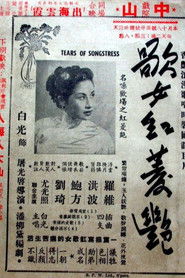 A Songstress Called Hong Lingyan aka...
A Songstress Called Hong Lingyan aka...Tears of Songstress 1953
A Songstress Called Hong Lingyan (歌女紅菱艷) aka Tears of Songstress is a 1953 Hong Kong musical drama film directed by Tu Kuang-Chi. The film was a co-production by Shaws Film Company and Far East Motion Picture Company, and is based on the screenplay by Pan Liu-Dai.
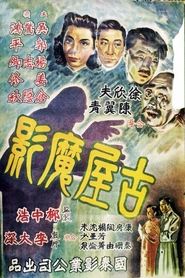 The owner of the old house...
The owner of the old house...Shadows in the Old House 1948
The owner of the old house Xiangyun Villa, Wu Jishan, died a year ago and has yet to be buried, so the residents of the neighborhood regard the place as a murderous mansion. On the anniversary of his death, his only daughter, Yunfang, returns from her studies abroad, accompanied by her fiancé, Zhang Shouyi, and many of her relatives. Lawyer Song announces his will in public: 1. The distribution of the property is described in the second will; 2. The second will will be announced in three days; 3. If Yunfang is dead, the property will be inherited by her fiancé; if she dies without being married, her nearest relatives will inherit. All at once the people are suspicious of each other and create murder, while all the actions are watched by the servant Lao Cai and Wang Yiping, the assistant of the lawyer Song. In the end, the culprits are caught and Yunfang and Yiping become a loving couple.
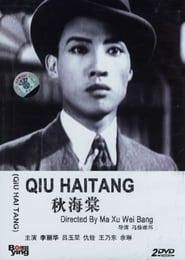 During the Republic of China a...
During the Republic of China a...Qiu Haitang 1943
During the Republic of China, a Beijing Opera actor named Wu Yuqin specializes in performing in female roles. He takes the stage name Qiu Haitang and is invited to dinner by an admiring warlord Yuan. He later meets Luo Xiangqi, a graduate of a female performance school. The two of them fall in love but it turns out that she is warlord Yuan's wife...
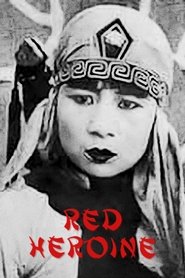 Red Heroine was a smash hit...
Red Heroine was a smash hit...Red Heroine 1929
Red Heroine was a smash hit on release and a prime example of the martial arts explosion of the late 20s (setting the template for later revivals), but with a crucial twist: in place of the typical, manly hero we have a swashbuckling woman. At first she’s a helpless abductee, then an unstoppable killing machine, fighting to stop a tyrannical warlord ravaging the countryside and enslaving numerous (very) scantily-clad young women.
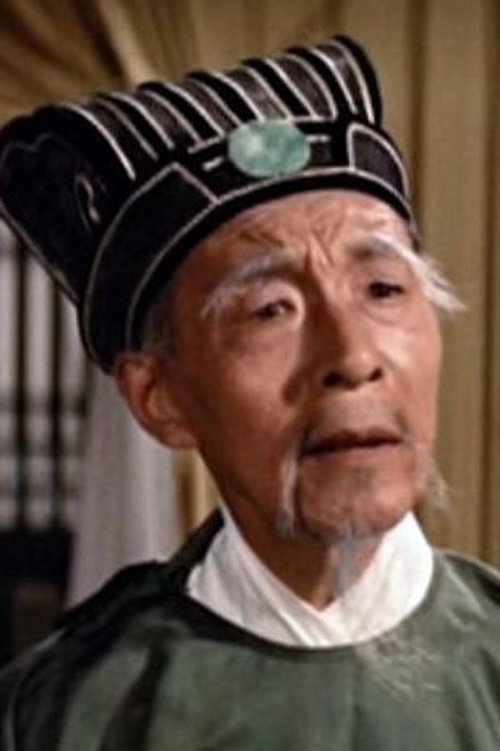
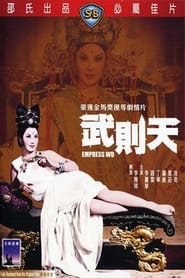 The renowned Li Li Hua plays...
The renowned Li Li Hua plays...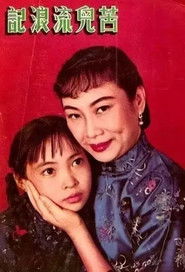 Melodramatic film about a child prodigy
Melodramatic film about a child prodigy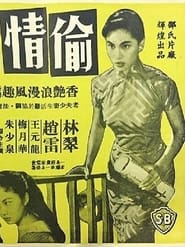 Early Shaw Brothers drama
Early Shaw Brothers drama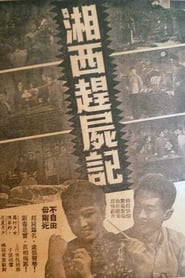 Hong Kong horror
Hong Kong horror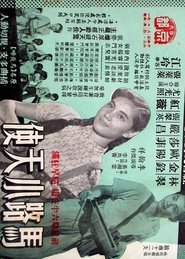 Li HanHsiang directed film
Li HanHsiang directed film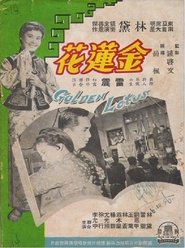 A Hong Kong historical drama
A Hong Kong historical drama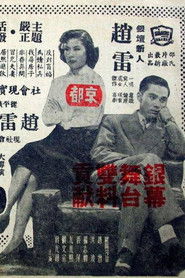 Marriage Angle is a Hong Kong...
Marriage Angle is a Hong Kong...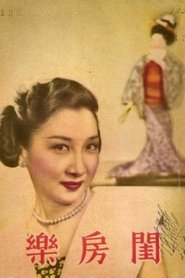 Meal Time is a comedy film...
Meal Time is a comedy film...